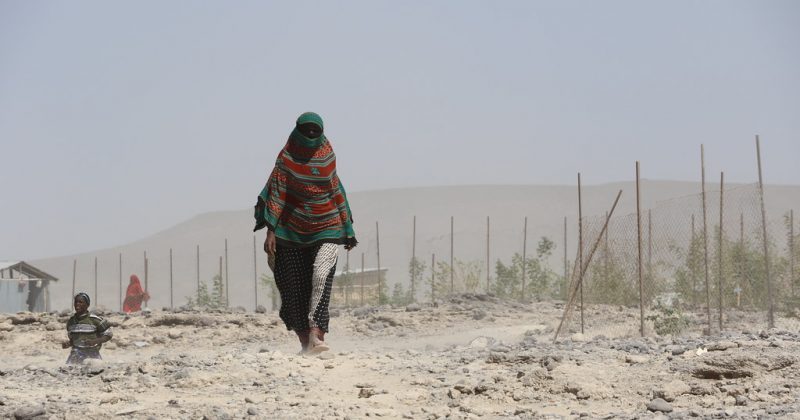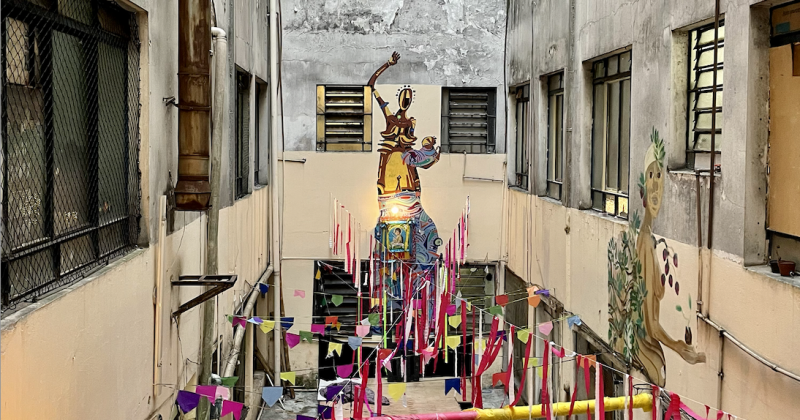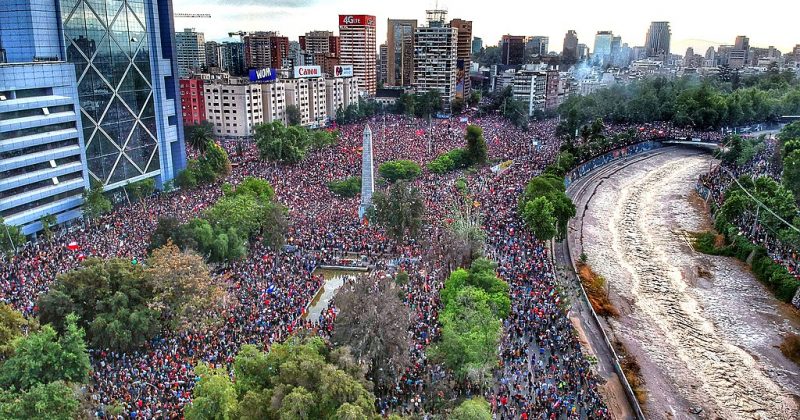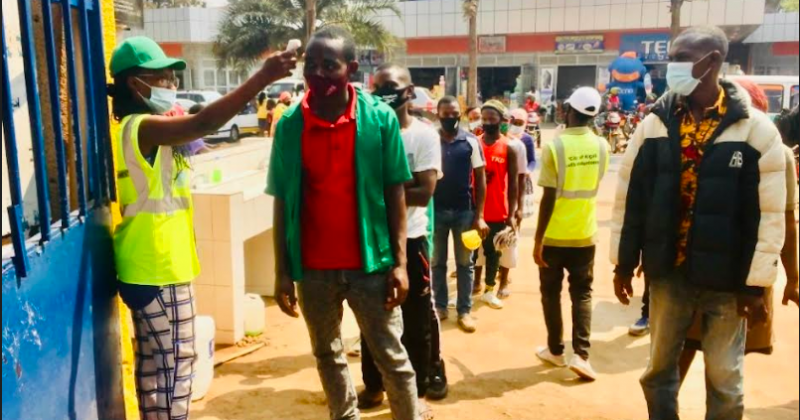
The CESCR Committee Champions the Right to Access Sports
By Guest Writer Aleydis Nissen
The United Nations (UN) Committee on Social, Economic and Cultural Rights has historically sidestepped the right to access sports in its concluding observations. Yet, the Committee's latest recommendations to Palestine and France mark a significant milestone in recognizing the intersection of sports and human rights. As the global landscape evolves, this development challenges traditional notions of sports autonomy, signaling a crucial step towards ensuring inclusivity and the right to access sports.
A Right to Access Sports for All
Unlike other UN core human rights conventions, such as those dedicated to the rights of women and people with disabilities, the Covenant on Social, Economic and Cultural Rights (CESCR) (adopted in 1966) does not explicitly include the right to access sports. Nevertheless, the Committee that monitors this covenant recognizes this right as a derivative of the right to cultural life (as outlined in Article 15 of CESCR), particularly highlighted in General Comment 21 (2009).
Monitoring the Right to Access Sports
Up till...






